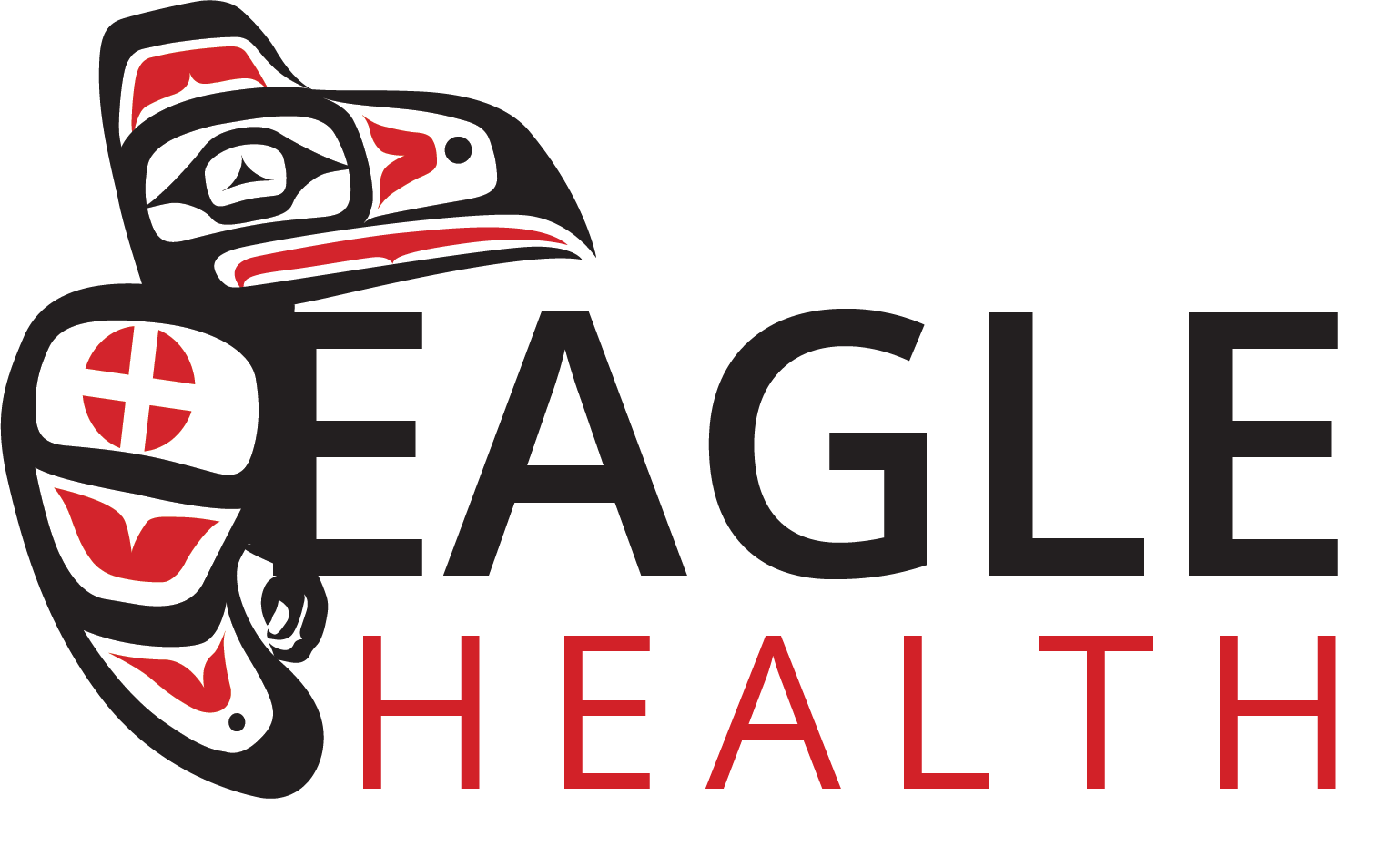They say everyone should “work to live and not live to work.” We agree.
Eagle’s Eye blog is devoted to discussion of occupational health topics that promote wellness and health. In support of National Self-Care Month, let’s discuss Work-Life Balance. We will review why it is essential to have a work-life balance and some tips to help you achieve just that. Finding the proper balance between work and play is crucial for leading a fulfilling life and supporting your health and wellness goals.
What Does Work-Life Balance Mean?
A healthy work-life balance means you have a dedicated relationship with your work and personal life separately. You make a conscious effort to manage your time and energy to meet both professional and personal commitments while prioritizing self-care and well-being.
Some characteristics of a healthy work-life balance may include:
Setting boundaries: The most challenging boundaries to set are the ones you may have to put in place for yourself. This entails setting clear boundaries between work and personal life by defining specific working hours and separating work-related tasks from personal activities.
Time management: Have you ever felt so overwhelmed with your various tasks you didn’t know where to begin? Having a system to organize and prioritize tasks efficiently ensures that you allocate enough time for work responsibilities and personal activities, such as spending time with family, engaging in hobbies, or pursuing personal goals.
Stress management: Implementing strategies to manage stress levels, such as practicing mindfulness, engaging in regular physical activity, taking breaks, and unplugging from work-related activities when needed
Flexibility: Having the ability to adapt and adjust your schedule to accommodate unforeseen circumstances or personal needs without jeopardizing work commitments
Why is work-life balance so important?
Many of us believe, or want to believe, that we can do it all only in a three-piece suit or dress. We can work, have a family, have friends, hobbies, do exciting travel, and still have time to rest. However, what often results in trying to have it all is that some aspects of our life get forgotten, and they are usually the ones that are necessary for our health and well-being. During those times, we can often make ourselves fall victim to burnout, fatigue, and stress-related health issues. Poor work-life balance can also leave employees working more hours but being less productive.
Poor work-life balance can have a greater impact than just skipping the gym. One study found that the risk of stroke is higher in people who work more than 55 hours a week. The same amount of work hours is also associated with a higher risk of anxiety and depression. While another study found that working longer hours correlated with a decline in physical health.
Tips to Achieve Work-Life Balance
- Plan ahead – Plan to combine work with leisure, social, or fitness activities.
- Possibilities, not perfection – When we think of work-life balance, there is no one-size-fits-all. And, what works for you now may not work for you permanently. Be flexible with yourself and your possibilities. There is no perfect work-life balance scenario. There is just the possible.
- End the work day – one of the stumbling blocks to having a work-life balance is our need to hold onto our work even after we leave. We do not turn off our work brains. We may even work later than we need to by convincing ourselves that a project or email has to be done now. To achieve a work-life balance, end the work day. That means setting a time to finish your work day and then leave your work at the office; do not think about it. Instead, enjoy what plans you have to rewind or regain your balance.
- Unplug – Cutting ties with the outside world occasionally allows us to recover from weekly stress and allows us space for other thoughts and ideas to emerge. Unplugging can mean something simple like reading that mystery novel, sitting at your bedside for months, meditating, or playing cards or games with your family. Anything restful that does not include checking work emails.
- Practice mindfulness – Mindfulness makes imbalance hard to ignore. When you practice mindfulness techniques, like meditation or breath awareness, you become more in tune with your emotions and physical sensations. It is hard to return to that spreadsheet after you notice your stomach rumbling from hunger.
- Find something you love outside of work – If you have something that you are excited to do after work, it will make it easier to disconnect from work messages or end your day at a predetermined time. Our hobbies boost our energy and vitality. We bring our refreshed selves back to work when we play and feel creative.
- Make time for yourself and your loved ones – While your job is important, it should not be your entire life. Just because work keeps you busy does not mean you should neglect personal relationships.
As you think of your work-life balance, remember you are more than your job. It is also good to prioritize your happiness over workplace loyalty. A happy employee is a productive employee. When we overwork, we increase our chances of stress and burnout, and it may make us less productive. Let’s prioritize our happiness, health, and well-being. It is our Eagle’s Eye view that all employees need a work-life balance, and I hope this helps you soar to success.




